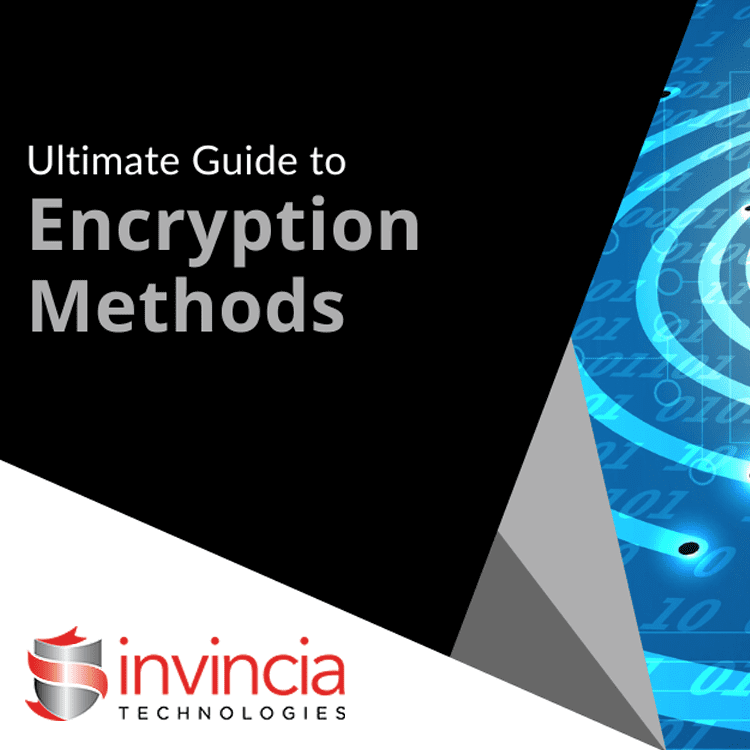Unlocking the Power of Encryption: A Guide to Securing Your Information
Encryption is a key method of securing information by transforming readable data into a coded format. Only the right decryption key can unlock this code, ensuring the privacy and safety of your data. Let’s dive into how encryption works and why it’s essential for securing your information.
What Is Encryption?
Think of encryption as a secret language that transforms normal text into unreadable text, known as ciphertext. Only those with the correct key can decode it back into its original, readable format (plaintext). This helps protect sensitive information from unauthorized access.
Why Do We Use Encryption?
Encryption is vital for safeguarding our data. It shields your information from hackers and unauthorized parties, making it essential for privacy and security, especially in a digital world.
How Does Encryption Work?
Encryption relies on two key components: algorithms and keys.
- Algorithms: These are sets of rules that dictate how to encrypt and decrypt data.
- Keys: Think of a key as a password that unlocks a secret message. The key is required to decrypt the encrypted data.
Symmetric vs Asymmetric Encryption
There are two main types of encryption:
- Symmetric Encryption: This method uses the same key for both encryption and decryption. Both the sender and receiver share the key. While it is fast, it’s less secure if the key is intercepted.
- Asymmetric Encryption: This method uses a pair of keys—one public and one private. The public key encrypts the data, and only the private key can decrypt it. Asymmetric encryption is more secure because the private key is never shared.
Common Encryption Methods
There are various encryption methods used to protect data. Here are some of the most widely used:
AES (Advanced Encryption Standard)
AES is a highly secure symmetric encryption method, with key sizes of 128, 192, or 256 bits. The larger the key, the more difficult it is to crack.
RSA (Rivest-Shamir-Adleman)
RSA is a popular asymmetric encryption algorithm that uses two keys (public and private) to ensure secure data transmission. It’s commonly used for encrypting sensitive data.
DES (Data Encryption Standard)
DES was once the standard for symmetric encryption. However, it uses a relatively short 56-bit key, which is now considered weak. AES has mostly replaced DES due to its higher security.
ECC (Elliptic Curve Cryptography)
ECC is an asymmetric encryption method that offers strong security with smaller key sizes. It’s efficient and commonly used in mobile devices for data protection.
How Encryption Protects You in Everyday Life
Encryption plays an important role in securing your daily activities online.
Online Shopping
When making online purchases, encryption ensures that your payment information is protected, preventing hackers from accessing your credit card details.
Messaging Apps
Many messaging apps, such as WhatsApp, use end-to-end encryption to keep your conversations private. Only you and the person you’re communicating with can read the messages.
Email Security
Encryption is also used to secure emails, preventing unauthorized access and ensuring your messages remain private.
Challenges of Encryption
Although encryption offers significant benefits, it does face certain challenges.
Key Management
Properly managing encryption keys is critical. If a key is lost or stolen, the data protected by that key could be compromised.
Performance Issues
Encryption requires processing power to encrypt and decrypt data, which may slow down system performance, especially with large amounts of data.
How Can You Stay Safe with Encryption?
Follow these best practices to ensure your data remains secure with encryption.
Use Strong Passwords
Always use complex, unique passwords for your accounts and devices. This will make it much harder for hackers to gain unauthorized access.
Keep Software Up-to-Date
Regularly update your software to address any security vulnerabilities and ensure your encryption methods are up to date.
Use Caution with Public Wi-Fi
When using public Wi-Fi, avoid conducting sensitive transactions unless you can encrypt your internet connection using a VPN. This adds an extra layer of security to your data.
Ready to Secure Your Data?
Encryption is a powerful tool for protecting your personal and sensitive information. Understanding its various methods will help you choose the right one for your needs.
If you need more information or help securing your data, don’t hesitate to contact us today!

